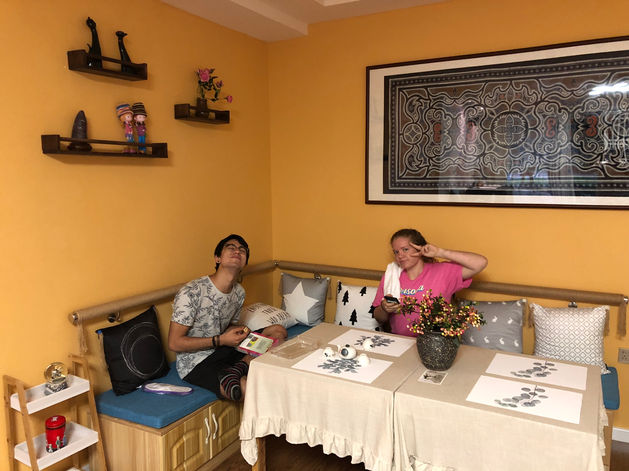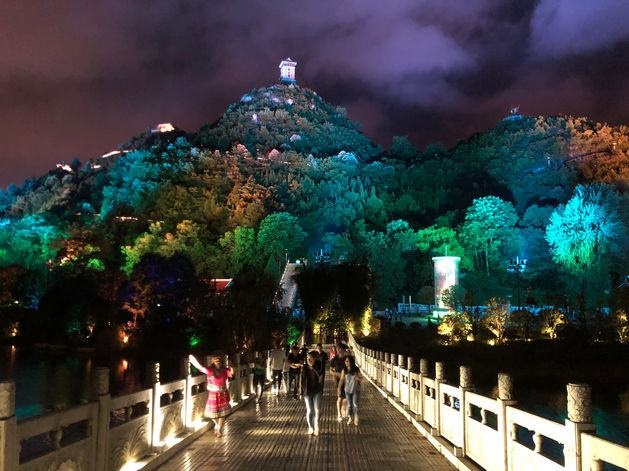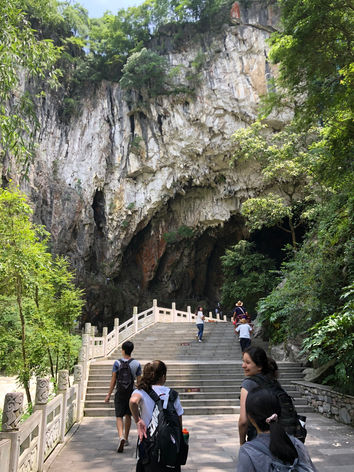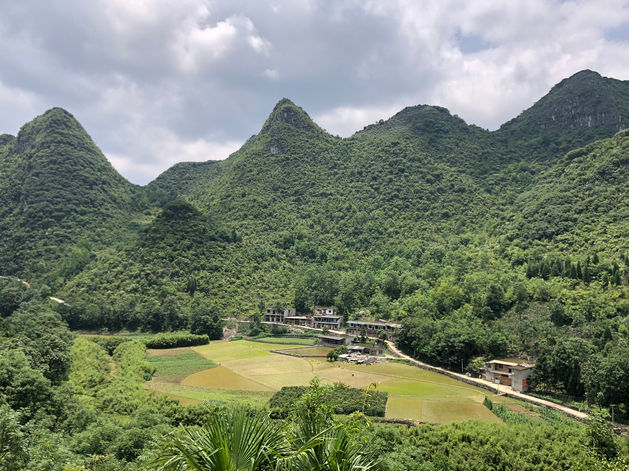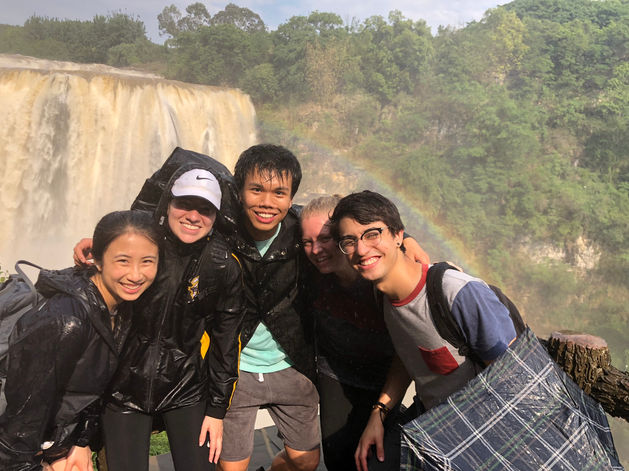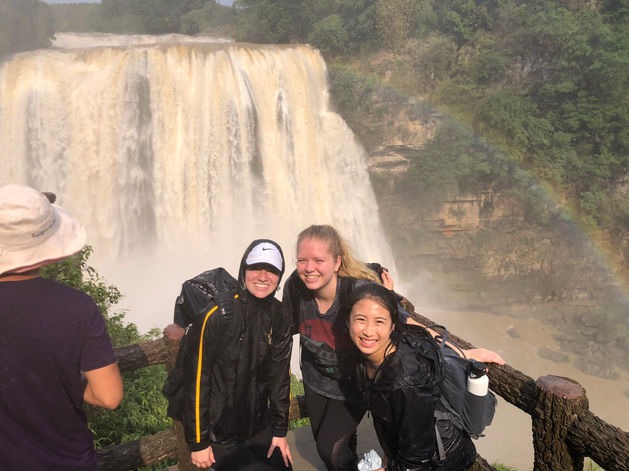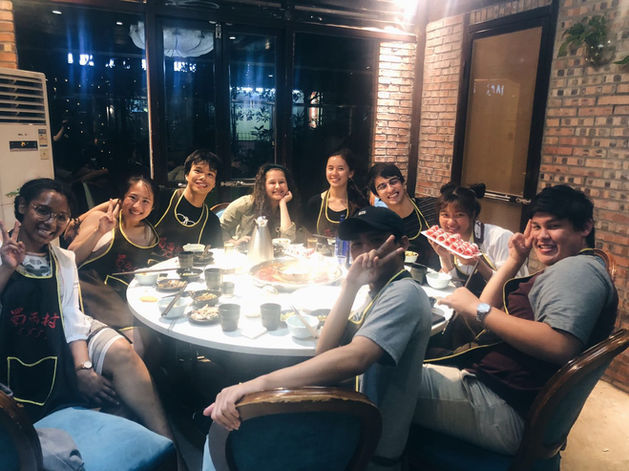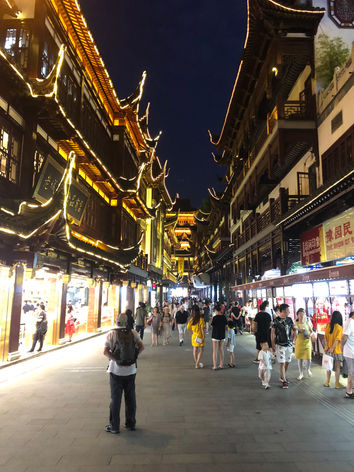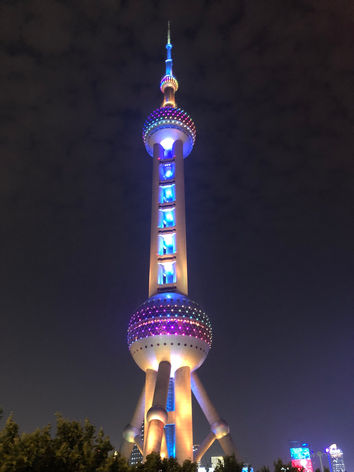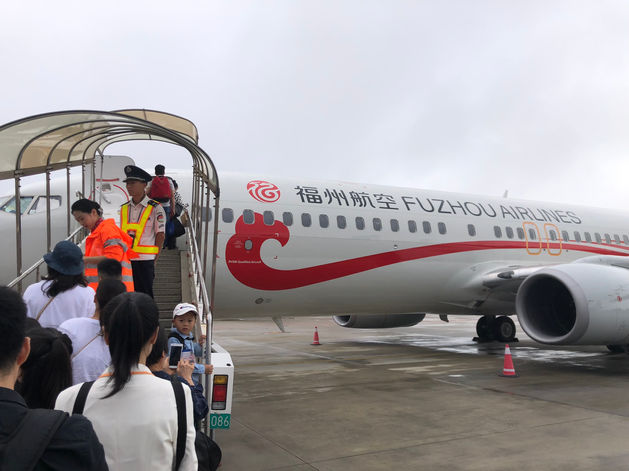
REFLECTION
Looking back on my international experiences and my journey through the International Scholars Program (ISP), I can’t help but feel nostalgic. I’ve learned quite a lot through the program, not only about myself and my cultural roots, but also about the world in general. Despite thinking that I was an open-minded person I found myself lacking in some respects, such as coming to the realization that I had a very ethnocentric point of view. Having been born to Chinese immigrants and brought up in a Western culture, I had trouble mending the cultural divide between the East and the West. In order to fit in, I rejected my Chinese roots and lionized Western culture growing up. However, through my global experiences from engaging in campus life events and taking international coursework, to learning the Chinese language and actually studying abroad in China, I’ve been able to take a step closer towards mending the schism between Eastern and Western culture.
The campus life events that I took part in was a starting point for me and acted as a springboard to push me forward to learn more about my Chinese roots. I started attending many events held by the Chinese Student Association (CSA), for example, their Mid-Autumn Festival and their Chinese New Year Gala. The events helped me better understand the importance of these celebrations to the Chinese community, such as why they were celebrated and the stories behind these traditions. Along the way, I’ve found answers to many questions I’ve always been curious about, questions like “Why do we eat mooncakes during the Mid-Autumn Festival?” or “Why do we give out red envelopes during Chinese New Year’s?” I never really bothered taking the time to find answers because I was quite busy eating mooncakes and receiving red envelopes myself. These events provided me with a foundation and urged me to eventually join organizations like the Chinese Culture Club (CCC) and CSA. I saw the organizations as a way for me to not only connect with international Chinese students on an interpersonal level but at the same time improve my fluency in Chinese. Despite feeling out of place, as I was only one of two American-born Chinese (ABC) students in the organizations, I would say I took a lot away from my time spent in CCC and CSA. I learned of the struggles many Chinese international students faced while studying abroad in a foreign country and to my surprise, they were very similar to my own struggles growing up. I understood where they were coming from and found myself in a position to better appreciate the traditional Chinese values my parents held on to. These valuable experiences have helped me connect with family abroad as well, allowing me to overcome the cultural and linguistic barrier that once stood between us. Along with campus life events, I found taking international coursework, such as one on human rights and culture, supplemental to my journey as I attempted to bridge the gap between two distinct cultures. It was in this class that I encountered the concept of ethnocentrism, the idea of judging other cultures from the perspective of one’s own culture, something I noticed I was oblivious of doing. Aware of my shortcomings, I began critically evaluating my way of thinking and how I went about approaching controversial global issues. Of course, it is important to understand that different cultures hold different values and the importance of looking from the perspective of others, but this is a lot easier said than done. Just because I was Chinese, I felt qualified to speak about various issues surrounding China and the international Chinese community, however, joining organizations like CCC and CSA quickly made me realize that I knew nothing. Rather, I only understood China and Chinese culture from a Westernized point of view. From this, I learned that many people, myself included, are a culprit of judging other ethnic groups without having spent any time themselves immersed in their culture and environment.
My ignorance surrounding China was what encouraged me to spend countless hours studying Chinese to finally be able to study abroad in Chengdu, China. Going into the program I didn’t know what to expect, I was excited yet anxious to study abroad in a foreign country I had close ties to. During my time in Chengdu, I faced the challenge of being expected to fully comprehend and speak Mandarin because I was Chinese. Taxi drivers would go on asking me for directions while restaurant waiters looked at me when taking orders, in their eyes, I was the local guide for my foreign friends. While it was uncomfortable at first, I acknowledged the fact that the study abroad program was designed to put me in a situation where I had to speak the local language. Because of this inherent expectation for me to speak Chinese, I spent more time expanding my vocabulary and refining my pronunciation. I was rewarded with being able to open my own debit card at a local bank and started utilizing WeChat Pay. With cash and card payments becoming obsolete in China, I had the unique opportunity of experiencing the perks of a cashless society. A smartphone and WeChat Pay was all that was needed to purchase goods and services across China. When Dragon Boat Festival weekend came around, a group of us decided to take the risk of traveling to another city, a small city called Anshun located in the Guizhou province of China. It took a while finding our way around buying high-speed rail tickets and booking accommodations, but we stumbled upon a hidden gem. The city of Anshun was surrounded by small mountains that were brightly lit with neon lights at night. It offered breathtaking scenic destinations like the Huangguoshu Waterfall and the Longgong Caves. Of course, getting to these destinations was a struggle, we got ripped-off by a taxi driver who saw that we were foreigners, but quickly picked up on the importance of haggling. Although delays throughout the trip cut our stay short, it was overall an invaluable learning experience I wouldn’t have gotten elsewhere. The Chengdu program also came to an end shortly thereafter, it was bittersweet packing up my belongings and saying goodbye to my teachers. Though on the bright side, it gave us the chance to continue exploring China. I ended up spending a week in Shanghai with two friends before parting ways to visit family in Fuzhou and eventually returned to the States.
As graduation approaches, the ISP global learning experience has provided me with many cherished memories and life lessons. This journey has fostered growth on both a personal and professional level, helping me bridge the disconnect between two distinct cultures and narrow in on my postgraduate plans. I’ve not only refined my language skills and become more educated on my Chinese heritage but have grown closer to my family in the process. The ISP experience has taught me to make the best out of every situation, grasping this opportunity to improve myself and broaden my global horizons. This lesson has allowed me to acquire priceless experiences and go on countless adventures, something that wouldn’t have happened had I stuck to my comfort zone. If there is anything I’ve learned, it is to take risks, because life truly begins at the end of your comfort zone.









